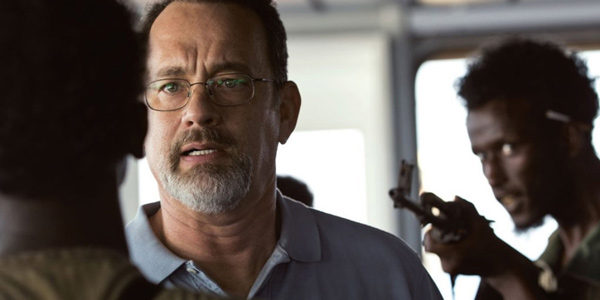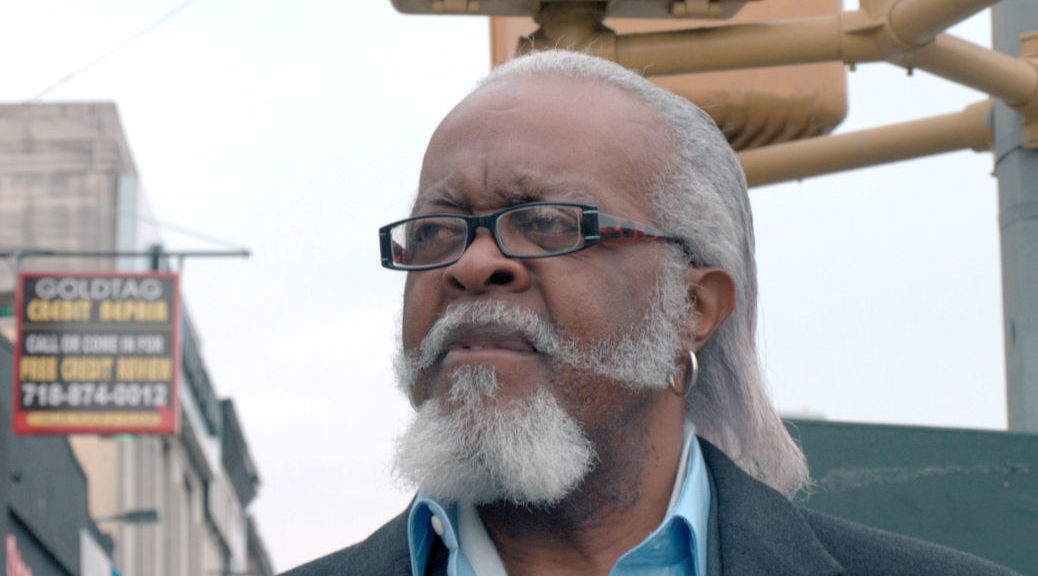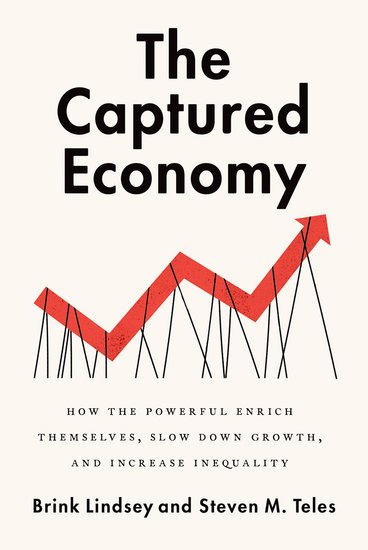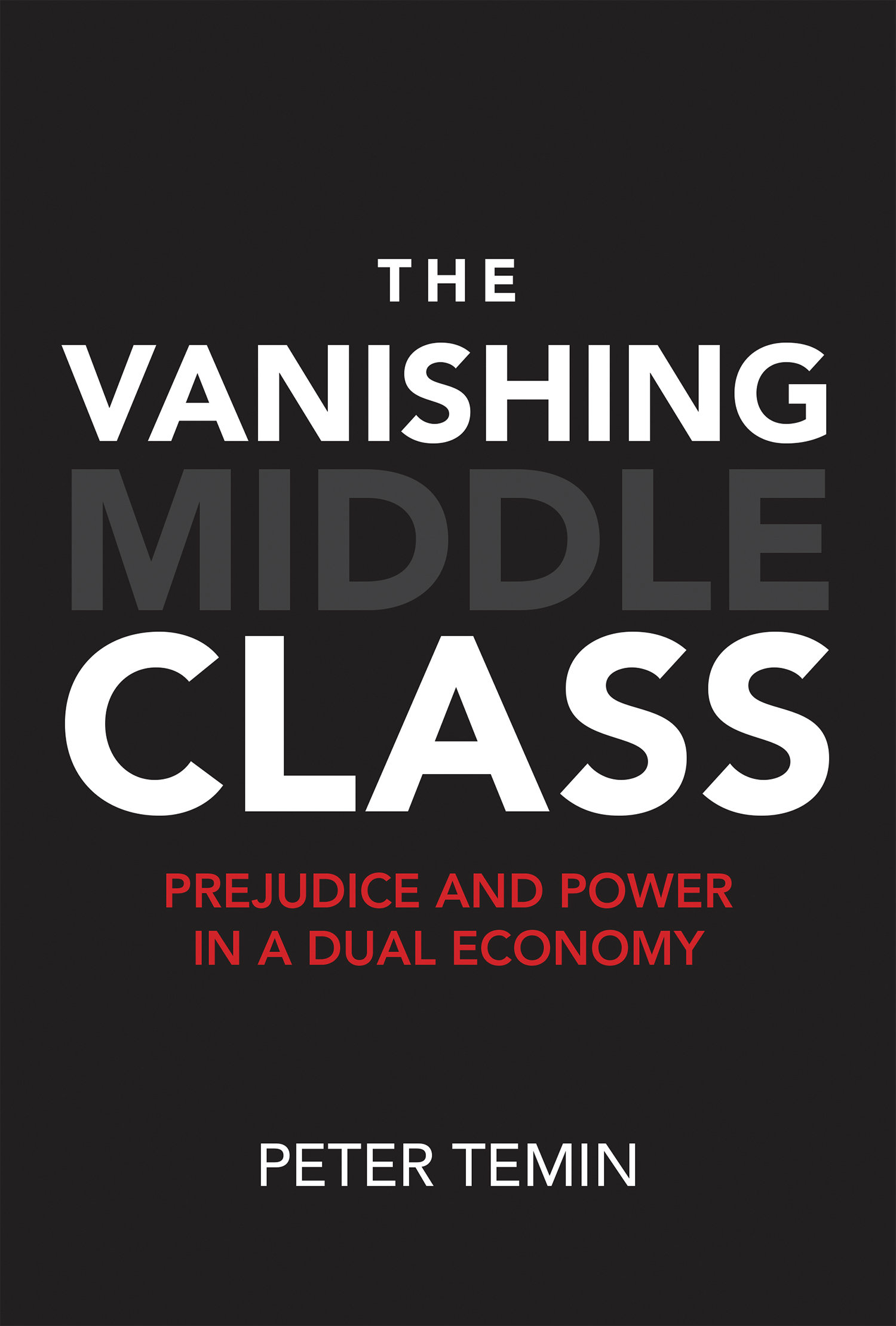 Captain Phillips
Captain Phillips
Directed by Paul Greengrass
Columbia Pictures. PG-13. 2 hours, 14 minutes.
Captain Phillips, the new film based on a real-life encounter between an American commercial-shipping crew and Somalian pirates, opens with the titular character in Vermont, driving to the airport with his wife. Richard Phillips expresses concern about the state of the shipping industry, sunk by the global recession that struck a year earlier.
On the other side of the globe, Muse, a poor Somalian fisherman forced into piracy by his own economic woes, wakes up to news that the local warlord has demanded that his village capture another ship, or suffer violent consequences. Muse joins a crowd of hungry men on the beach jumping and shouting at a young pirate captain to give them a spot on his crew.
The angular fisherman-turned-pirate is an obvious foil for Phillips, their stories — and those of their first-world American and desperate Somalian crews — woven together through crosscut scenes. This parallel storytelling guides much of the film, emphasizing the economic anxieties shared by the men even as it highlights the brutality of the Horn of Africa’s most chaotic state. (The film is based on a book that the real-life Captain Phillips wrote, a memoir of the 2009 piracy attack he survived.)
Somalia’s recent history of civil strife makes it the global poster child for a failed state. The country’s last functioning government dissolved in 1991 when the Cold War ended. The civil war that followed degenerated into a free-for-all of sectarian bloodshed, first pitting political factions and, eventually, tribal clans. In recent years, the economic situation has deteriorated to the point that the installation of ten miles worth of solar-powered street lights in the capital of Mogadishu last May was a cause for celebration among the beleaguered population.
Basic statistics about today’s Somalia — unemployment numbers, literacy rates, total population — are currently unknown, although two relatively stable, if unrecognized, governments have sprung up in the northern part of the country, at the tip of the Horn of Africa. In one of the breakaway states, known as Puntland, many former fishermen during the recession years began raiding the busy commercial-shipping lanes in the Gulf of Aden. The Somalians claimed they took to piracy because international companies used the waters as a chemical dumping ground or overfished, as the film references. In a nod to Somalia’s fractured state, the pirates call themselves the Coast Guard when approaching their prey; Muse compares the ransom money they demand to taxes for passing through Somalian waters.
In a meeting after their first encounter with the Somalian pirates, the crew argues with Phillips. One sailor, a twenty-year veteran sailor, says he didn’t sign up to fight pirates. Phillips points out that each crew member knew the ship’s route before signing up for the voyage, and each knew the dangers of the Somalian waters. When the crew insists that they evade the pirates by heading further out into the ocean, Phillips tells his men that switching the course would slow down the trip and cost the company money. If they don’t like it, he tells them, they can go upstairs to his office and sign the paperwork to quit their job — and go home with the rest of the crew anyway when they reach their destination, Kenya.
Later on the in the film, a wounded pirate cries to Muse that he never planned on being hurt. The Somalians were supposed to capture the ship, hold it for ransom, then get paid and leave. Muse shouts at him that anything can happen on the job. Piracy, like capitalism, isn’t for the weak.
The comparisons continue. Everyone — American or Somalian — hates their boss. After Phillips and his crew escape the pirates thanks to a sputtering motor, Muse wants to chase them. The pirate captain refuses after their radios pick up Phillips “requesting an air strike” from the Navy.
“I may be skinny, but I’m not a coward,” Muse snaps — a remark that provokes a particularly violent kind of work disagreement.
Later in the movie, Muse (played by first-time actor Barkhad Abdi) brags to his captive that he and his fellow pirates recently netted a six-million-dollar ransom for a Greek ship. Phillips, nicknamed “Irish” by the pirates, asks why Muse is still in the piracy business. The Somalian replies that their bosses have bosses, and — much like the American sailors — low-level grunts like him must pay their dues.
But that fact of life also says something about the key difference between the two crews. The Americans benefit from the safety net of union-bargained contracts and a stable legal system to see them enforced. When the Somalians disagree over business decisions, they don’t sit around a table with lawyers and discuss their options. They pull out guns and threaten each other with death.
Somalia hasn’t changed much since 2009, when the film takes place. The United Nations-recognized government controls little territory outside of Mogadishu. With piracy down thanks to an increased international naval presence, Somalians have lost one more option for gainful employment. Young men join tribal militias or the Islamist insurgency. Gun-shy Somalians working at the bazaar live in constant fear of suicide-bomb attacks. Even subsisting off food rations and other international aid comes with its risks: UN personnel have been accused of child abuse and other sex crimes.
In film’s final scenes, with the US Navy drawing near, a battered Phillips pleads with Muse. “There’s got to be something other than being a fisherman and kidnapping people,” he says.
“Maybe in America, Irish,” Muse replies. “Maybe in America.”
Tony Cella is a freelance reporter who has covered crime and grime in Los Angeles, New York City, and the Kenai Peninsula, Alaska. Email: tonycella37@gmail.com
Dear Reader,
In The Fray is a nonprofit staffed by volunteers. If you liked this piece, could you
please donate $10? If you want to help, you can also:


 The Captured Economy: How the Powerful Enrich Themselves, Slow Down Growth, and Increase Inequality
The Captured Economy: How the Powerful Enrich Themselves, Slow Down Growth, and Increase Inequality

